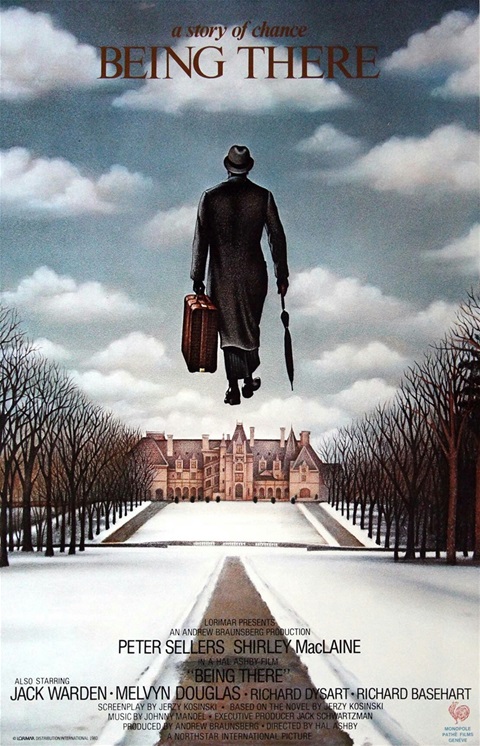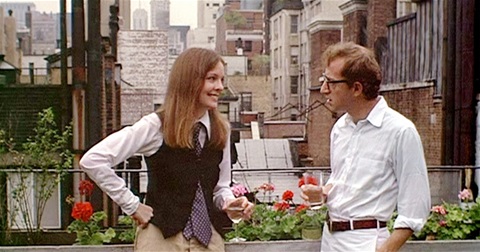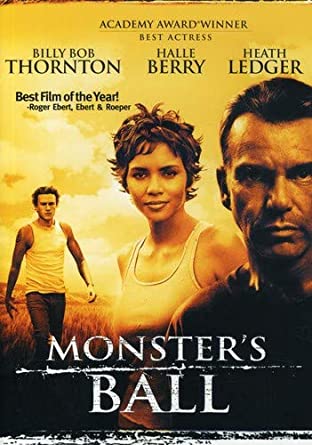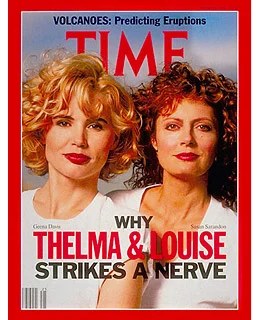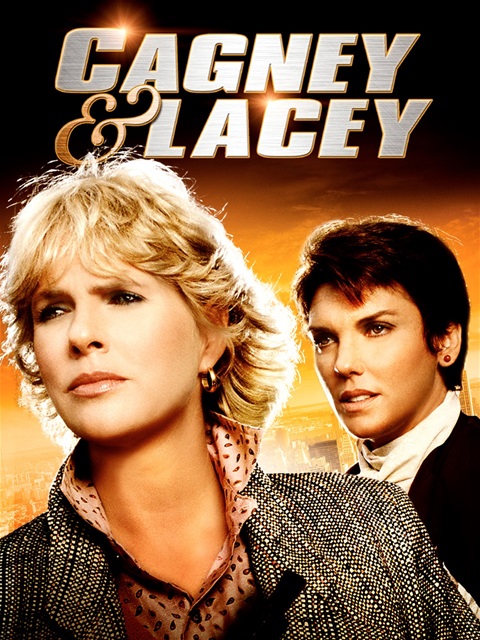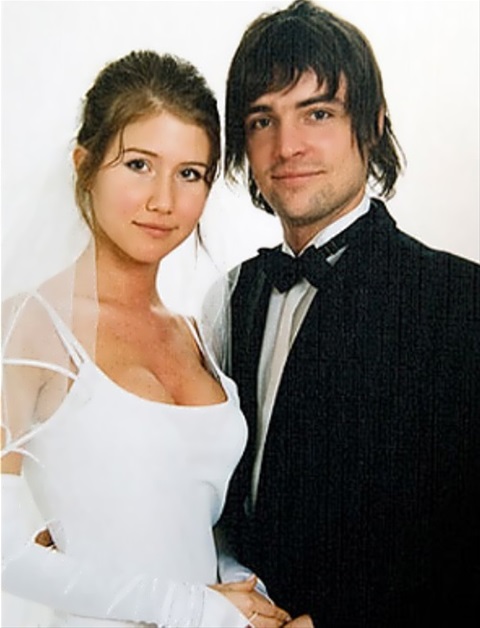Acting 101
1. The Elements of acting [as in life]
2. Projecting for the camera & from a stage
3. Less is more & Eccentricities
4. Character overacting
5. Any excuse for a performance & overacting character development
6. Learning lines & Being There
7. Spotting your niche/s
8. The casting couch [getting on it or avoiding it]
9. Keeping success [or rejection] as a part time job not a life-style in dark glasses.
10. Kissing your acting coach.
Overview:
As in life, we are all a product of our environment and our parental examples. Life’s behaviour [acting] is not only separated by class and geographic cultures but by time. As an actor you maybe asked to play a person [character] from an earlier history such as a Victorian era servant or a 16th century wife of King Henry 8 or a Roman Governor’s daughter, wife/mother /grandmother/ghost or someone else from anywhere from any time. No matter who or from when, you can list the key elements of that character and put them [you] in the situation and a specific moment of an event, feel and feed out the appropriate [probable] attitude and emotions of the character [person] in their time, situation [story] and moment [scene].
1. The elements of acting:
a) Who is the person? (Race, culture, class, Life position, age, gender, background experience, rank or position)
b) When are they and where are they?
c) What has/is happening to them?
d) How do they feel? [How are they reacting to their event situation?]
With considering the above and a good script, a good director will first watch what you have prepared as your performance for the scene [event moment of your character]. The director may then adjust your performance to suit their vision of the scene or to cater for the producers expectation of what they imagine to be the envisioned desire of the [a specific] audience. So long as the director does not hand you over to a character coach to start with the basic build, before working on nuance, you are already an actor that just needs to follow the direction for a specific desired performance. Remember it is just a part-time job at its best and always be prepared to repeat every take 10 times, at least.
2. Projecting for the camera & from a stage:
Attitude & emotion in close up require you to feel the [combined a-d] and allow that combined feeling to leak out on your face [or & body language] This can be simple [opening a birthday present] to complex [reading a letter in front of your very formal father from your husband’s mistress informing you of your husband’s unfaithful adultery while trying to hide your shock and despair, from your father.] For the camera it is best shown in true facial subtlety but on stage it must be performed as though you are hiding the feeling of a cold wind from the audience seen from up to 50 meters away.
3. Less is more & Eccentricity:
All characters exhibit different levels of subtlety and overtness. On occasion extroverts behave cool and introverts behave excitedly. Deciding how overtly your character moment is going to behave is down to your [thinking/feeling] for the moment. The director may have their own specific idea about what they want to see. Either way the standard good bench mark is a ‘believably appropriate reaction’. Many characters [people in the world] learn or develop personality quirks for fun or effect or to emulate their [ever more] beloved fathers father or mothers mother. After enough time or learned example people sometimes and to different levels, put in an eccentric performance. Either way it is eccentricity. Putting in character eccentricity [where required or] to benefit a performance [especially for comedy effect] is an open creative opportunity.
4. Character Overacting:
I remember being told never to over act. This direction is rubbish. Every noticeable performance requires the actor to do something worth recording [or stomping on those boards]. Subtle it may be but hit them hard with that subtlety. Even a supporting scene character that must not steal a frame from the Star should be so damn good at being invisible and deadly dull that both the director and the Star remember your name.
Key Rule: The worst go-too acting is to use anger as a thoughtless undeveloped performance. Avoid anger unless it is a stipulated requirement.
5. Any excuse for a performance & overacting character development:
Acting as in life [especially at social evenings] there are event moments that require [are best with] a deep breath in and a big exhalation. Whether your trick is singing, dancing, a Shakespearian Sonnet, an old joke, a blatantly plagiarised classic speech or if all else fails learn to play Gershwin on the piano, have something prepared and be relaxed to try improv. If you are lucky enough to be paid to be on set, remember that it [life] is meant to be fun, so still be ready and able to [play hopscotch] around your serious performances [it also shows & hones your range]. Whenever you read a character definition in a script and learn their lines think about how to add something interesting & character linked to the character person that you may be asked to depict.
6. Learning lines & Being There:
Some people will tell you that there is a trick to leaning lines or that ‘good’ actors can just do it but in truth it is just repetitive practice that makes it a process not a panicked stress. Read a section first, understand it and apply it to the character [a-d] as defined. Remember the event moment and read it again and again visualising your performance. Then read it sentence by sentence until you can repeat each sentence with your eyes closed before moving onto the next sentence. In time [with repetitive practice] you will be able to flick a mental switch and absorb each sentence without closing your eyes as though you were just eating a favourite muffin and putting every bite into short-term memory.
As depicted in the movie Being There [where Chance Gardener unexpectedly finds himself departing his wisdom to the American President in the white house and then in a tv interview] Chance just got on with being Chance but in a different setting. Always Bring-It, Be-it [You / Your performance] no matter how unusual the environment [set] or the brightness of the lighting, Be There.
Always be on time. Always be polite and nice, to your collagues, floor staff [when you have to interact] and especially the director and producers [& their assistants]. Treat 'Diva's with polite arms length cautious diplomacy [They may also lead to other role offers]. Ignore all tantrums [as a language that you do not understand, unless it is directed towards you] that is abuse. Unwanted invitations should be politely stopped with "I'm not available".
7. Spotting your niche/s:
You look in the mirror, right? You know that they are not going to cast you as King Henry the 8th and that it would be a waste of your time to try for it. Your looks [every actor] are both a hindrance and an asset. So long as you bring acting understanding and a flexible performance ability, people [professionals] in the industry will push expectations and even create roles for you to slip in something extra and interesting. Actors that are willing to change image and genre such as Charlize Theron playing Aileen Wuornos in [Monster 2003] or John Hurt playing John Merrick or Quentin Crisp [or pretty much everything that John Hurt did] have an advantage over character-type actors. If you imagine a character that would stimulate your performance juices then make that one acting direction you take.
8. The casting couch [getting on it or avoiding it]:
Imagine how Harvey Weinstein feels; For a hundred years the power brokers, producers, casting agents & directors have taken having sex with wanna-be actresses as no more unexpected than a handshake on meeting. Harvey was pretty naff and lame at the process but he and the reputation of the industries sexual abuse was for a moment spotlighted. It is no more gone than as winter is followed by spring. If you have a private and sacred value for your personal chastity then your honest professional casting experience is going to be book ended between Rejection and sleeze by dribbling and panting testosterone fuck bunnies with more drugs than they can possible fuck through on their own. Consider this as a warning and a risk pitfall for all serious acting offering performers.
The hard route to an acting [or less a modelling] career is to stick to your professional guns and always meet with [have] a chaperone / body guard. Network through the highest circles that you can. 'It's who you know not what you know' that applies. Be a charming social asset. [Most applicable in the USA] Consider that your first most important role.
Unwanted invitations should be politely stopped with "I'm not available".
9. Keeping success [or rejection] as a part time job not a life-style in dark glasses:
From the day you try to get an agent to nervous auditions that after preparation, result in being interrupted and told to leave [Dustin Hoffman in Tootsie 1982] can be soul destroying disillusionment and depression that may be the main performance that you must not perform. Ignore the negative feelings, it is just part of the weird experience of being an actor, just keep feeling good, every day, for the good things, regardless.
If you experience success, just ride the media/fame bright burning spotlight while focusing on your real life and choosing your next acting job.
Do them all 4,1,2,3
Actors Studio
- Website: http://www.actorsstudio.co.uk
- Location: Conway Hall, 25 Red Lion Square, London, WC1R 4RL (Google Maps)
- Contact: 01753 650951, info@actorsstudio.co.uk
While not the world-famous The Actors Studio in New York City, based at the heart of the British Film Industry, Actors’ Studio was formed in 2004 at Pinewood Studios by former acting agent Tim Kent.
Actors’ Studio offers acting training and networking courses and workshops for aspiring and professional actors at locations in Pinewood and Central London. There is a children’s department based at Pinewood Studios, too.
Their film acting courses and workshops are led by distinguished practitioners and expert teachers with many years of experience in the UK’s film industry, including directors and casting directors who are at the forefront of theatre, film and television industries. Not only will these courses teach you how to become a good actor in front of the camera, but this may also become a great opportunity at networking and making connections.
Courses offered:
- Screen Acting Weekly (£399 / $550)
- 5 Day Screen Acting (£699 / $1,000)
- Mel Churcher Screen Acting (£699 / $1,000)
- Acting for beginners and intermediate (starts at £199 / $300)
